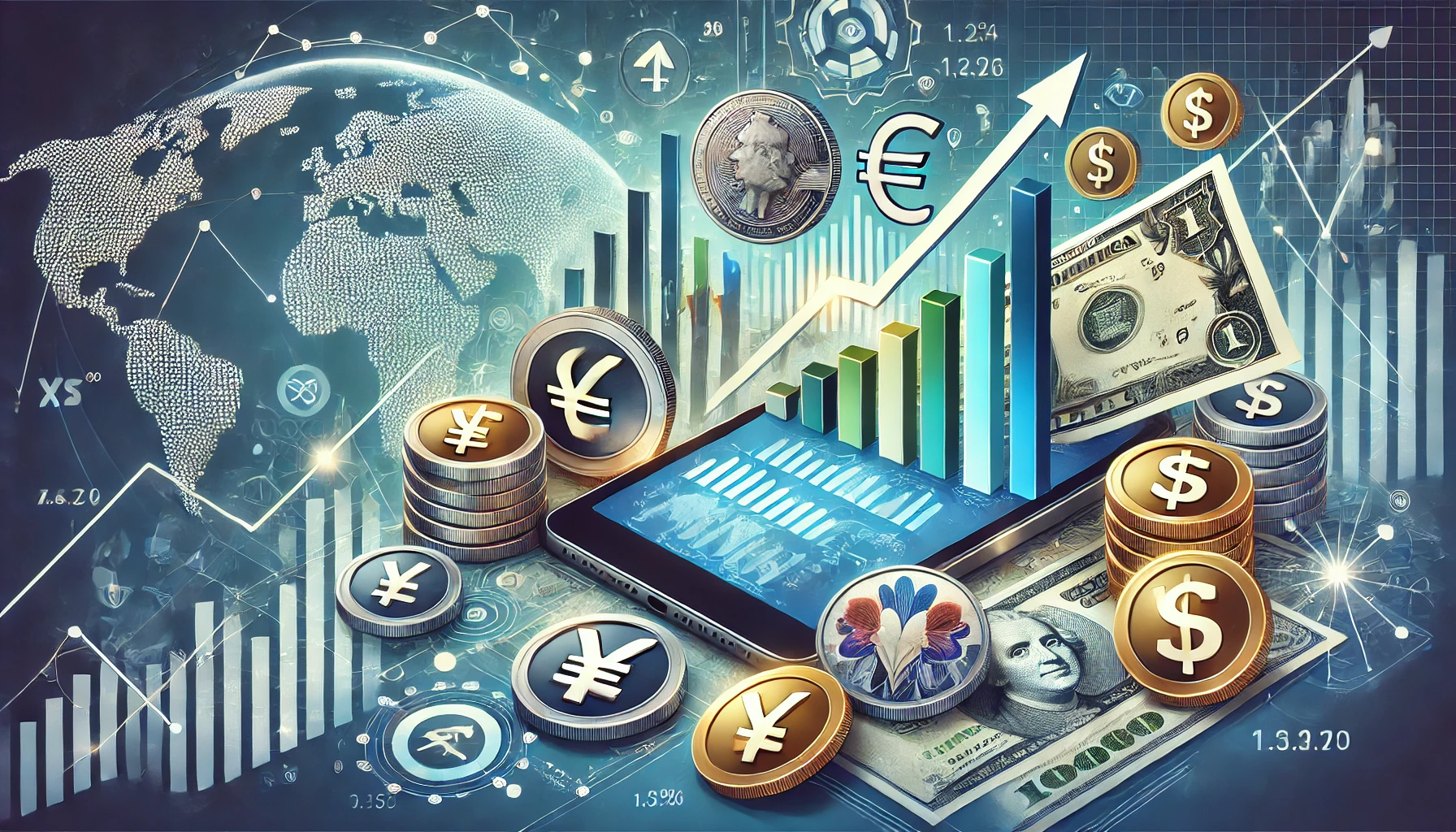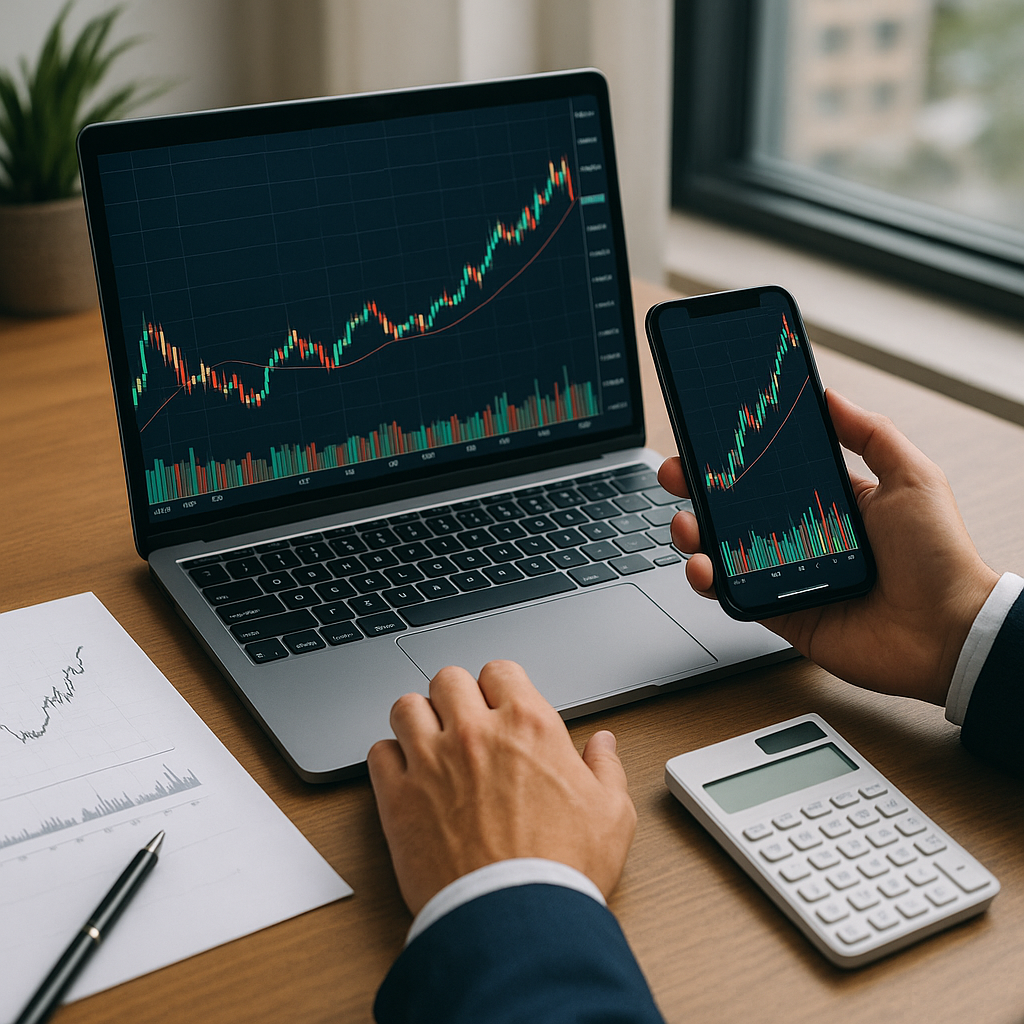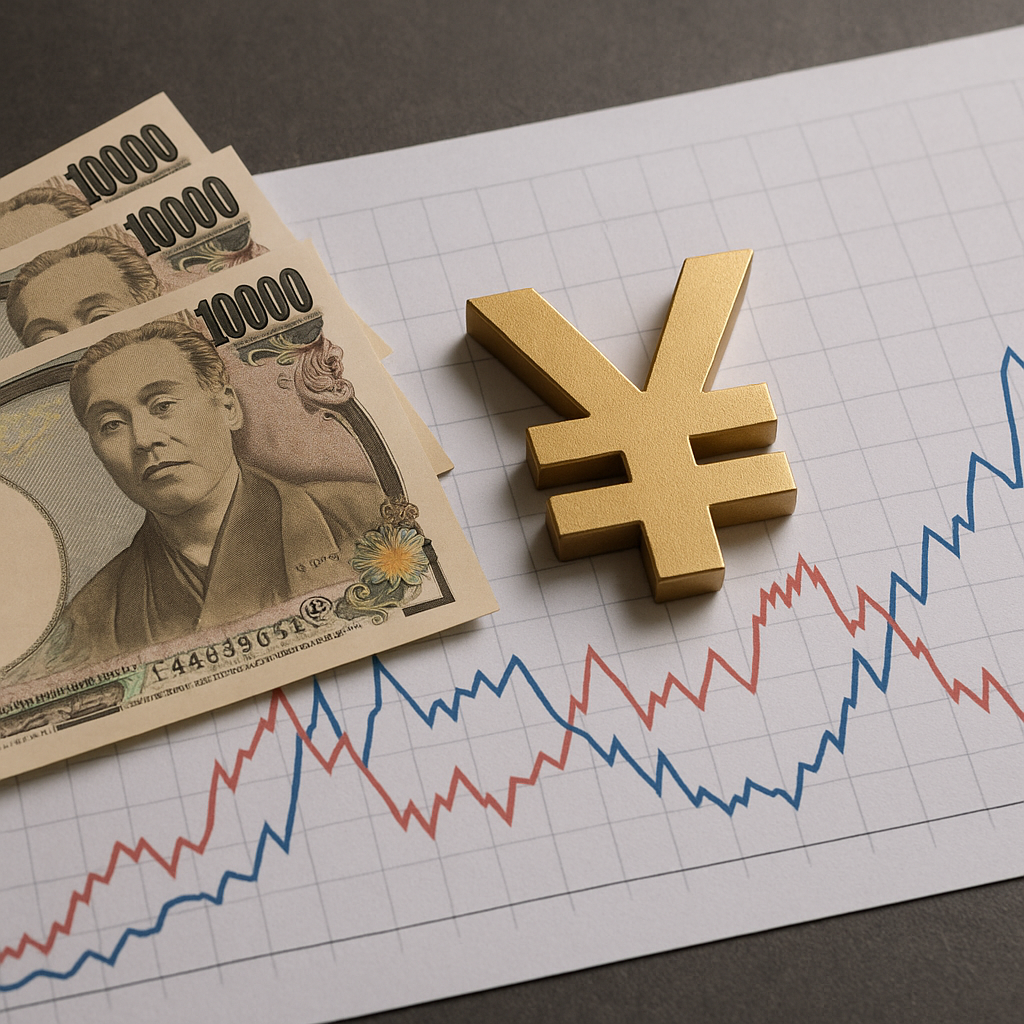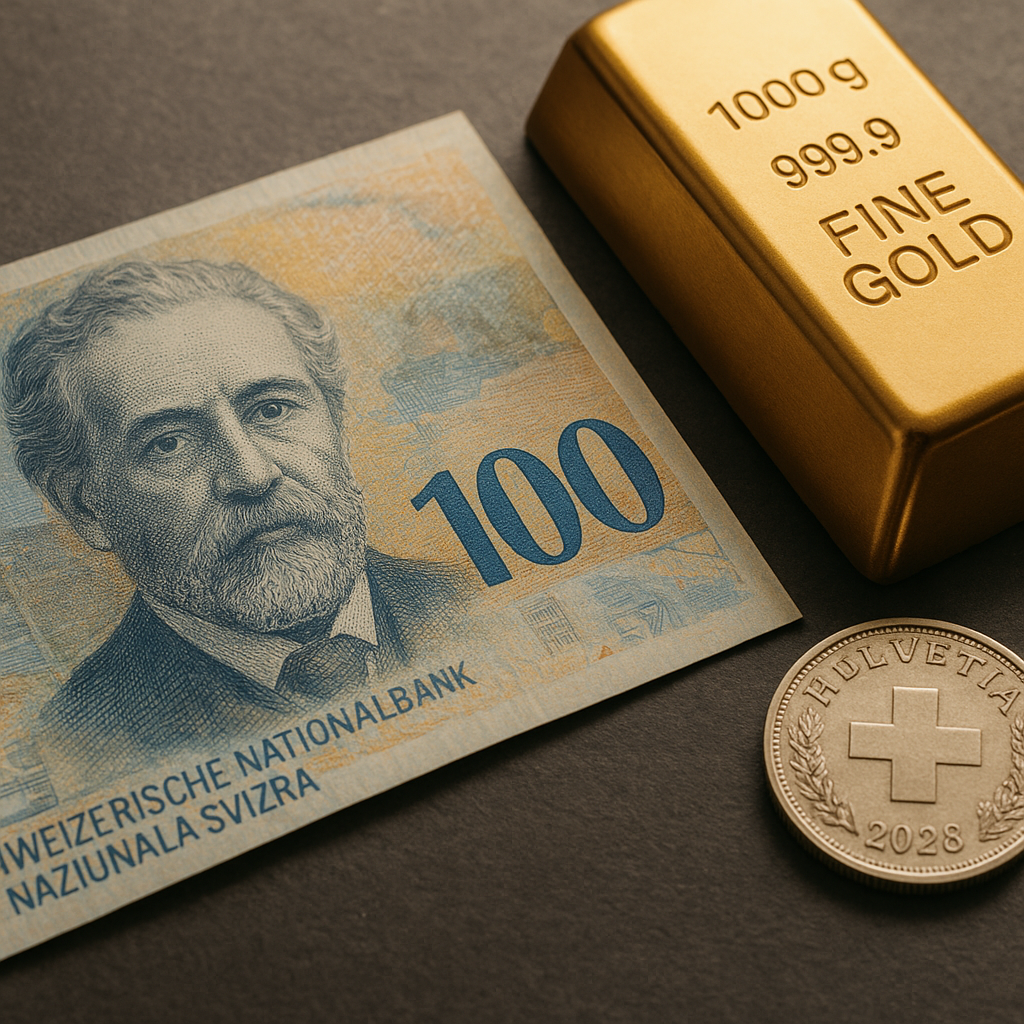Currency investing, also known as forex trading, involves the buying and selling of currencies in the foreign exchange market with the aim of making a profit. This article delves into the key concepts that every aspiring currency investor should understand: exchange rates, pips, and spreads.
Understanding Exchange Rates
Exchange rates are the foundation of currency investing. An exchange rate is the value of one currency for the purpose of conversion to another. It is typically quoted in pairs, such as EUR/USD or GBP/JPY, indicating how much of the quote currency is needed to purchase one unit of the base currency.
Types of Exchange Rates
There are two main types of exchange rates: fixed and floating. Fixed exchange rates are set by a country’s government or central bank and do not fluctuate in the open market. Floating exchange rates, on the other hand, are determined by the market forces of supply and demand and can change frequently.
Factors Influencing Exchange Rates
Several factors can influence exchange rates, including:
- Interest Rates: Higher interest rates offer lenders a better return relative to other countries, attracting foreign capital and causing the exchange rate to rise.
- Economic Indicators: Economic data such as GDP growth, employment rates, and manufacturing output can impact investor confidence and influence exchange rates.
- Political Stability: Countries with less risk for political turmoil are more attractive to foreign investors, leading to a stronger currency.
- Market Speculation: Traders’ perceptions and speculations about future events can cause fluctuations in exchange rates.
The Role of Pips in Forex Trading
Pips, or “percentage in points,” are the smallest price movement in the forex market. They are a crucial concept for understanding how profits and losses are calculated in currency trading.
Calculating Pips
In most currency pairs, a pip is equivalent to a movement of 0.0001 in the exchange rate. For example, if the EUR/USD pair moves from 1.1050 to 1.1051, it has moved one pip. However, for currency pairs involving the Japanese yen, a pip is typically 0.01 due to the lower value of the yen.
Importance of Pips
Pips are essential for determining the value of a trade. The number of pips gained or lost in a trade, multiplied by the lot size, determines the profit or loss. Understanding pips helps traders set stop-loss and take-profit levels, manage risk, and evaluate the performance of their trading strategies.
Understanding Spreads in Forex Trading
The spread is the difference between the bid price (the price at which you can sell a currency) and the ask price (the price at which you can buy a currency). It is a critical concept for forex traders as it represents the cost of trading.
Types of Spreads
There are two main types of spreads: fixed and variable. Fixed spreads remain constant regardless of market conditions, while variable spreads fluctuate based on market volatility and liquidity.
Factors Affecting Spreads
Several factors can influence the spread, including:
- Market Liquidity: Higher liquidity typically results in tighter spreads, while lower liquidity can lead to wider spreads.
- Market Volatility: During periods of high volatility, spreads can widen as brokers adjust for increased risk.
- Time of Day: Spreads can vary depending on the time of day and the overlap of major trading sessions.
Impact of Spreads on Trading
Spreads directly affect the cost of trading. A wider spread means higher costs, which can eat into profits, especially for short-term traders. Understanding spreads helps traders choose the right broker and trading strategy to minimize costs and maximize returns.
Conclusion
Currency investing is a complex but rewarding field that requires a solid understanding of key concepts such as exchange rates, pips, and spreads. By mastering these fundamentals, traders can make informed decisions, manage risks effectively, and increase their chances of success in the forex market.




